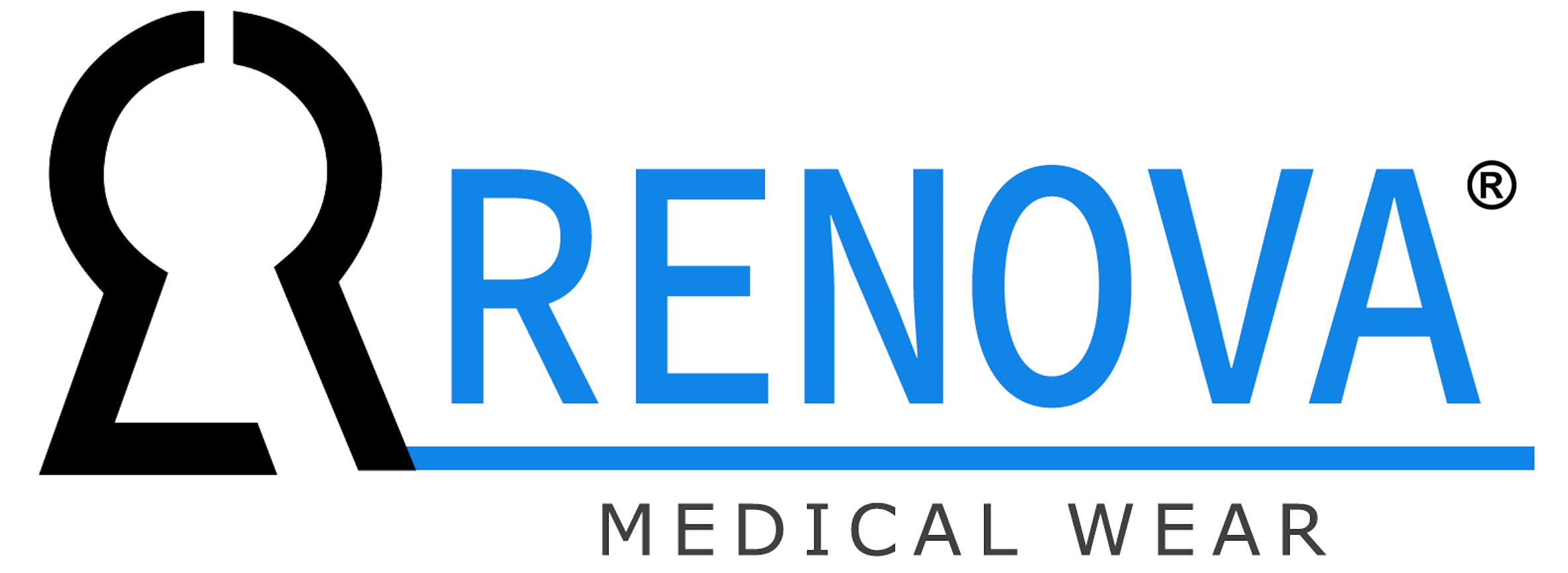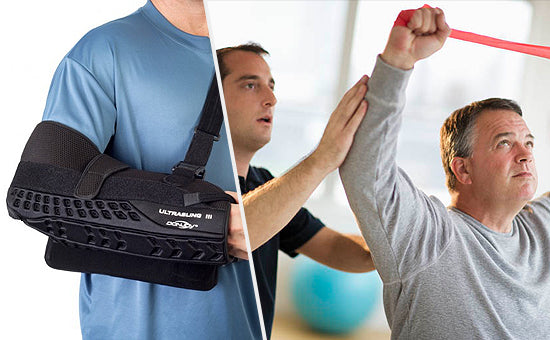Rotator cuff tears are a common shoulder injury, especially among athletes and those who perform repetitive overhead motions. If conservative treatments like physical therapy haven't brought relief, rotator cuff surgery might be the answer. But naturally, the question that arises is: how long does it take to recover from rotator cuff surgery?
Understanding Rotator Cuff Repair and Recovery Phases
Rotator cuff surgery aims to repair torn tendons in the shoulder joint. The recovery process can be broken down into several key phases, each with its own focus and timeline:
- Immobilization (Weeks 1-4): This initial phase prioritizes protecting the surgical site. You'll likely wear a sling to minimize shoulder movement and promote healing. Pain management is also crucial during this time.
- Passive Motion & Strengthening (Weeks 4-12): As the initial healing progresses, gentle passive motion exercises are introduced to maintain joint mobility. Light strengthening exercises to improve muscle function around the shoulder also begin in this phase.
- Gradual Strengthening & Regaining Range of Motion (Weeks 12-24): This phase focuses on progressively strengthening the shoulder muscles and regaining a full range of motion. Physical therapy plays a vital role here, guiding you through exercises that steadily improve your shoulder's strength and flexibility.
- Return to Activity (Months 4-12+): Depending on your pre-surgery activity level and the complexity of the repair, a gradual return to activities like work and sports can begin around the 4-month mark. However, complete recovery for activities requiring high shoulder demands might take up to a year or more.
Factors Affecting Rotator Cuff Surgery Recovery Time
Several factors can influence your individual recovery timeline after rotator cuff surgery:
- The extent of the tear: Larger or more complex tears naturally take longer to heal compared to smaller tears.
- Surgical technique: Minimally invasive arthroscopic surgery often leads to quicker recovery times compared to traditional open surgery.
- Your overall health and age: Younger, healthy individuals tend to recover faster than older adults or those with pre-existing health conditions.
- Commitment to physical therapy: Diligently following your physical therapy regimen is critical for optimal recovery and regaining full shoulder function.
Tips to Optimize Your Rotator Cuff Surgery Recovery
While recovery timelines vary, here are some tips to optimize your rotator cuff surgery recovery journey:
- Pain management: Effectively managing pain through medication and physical therapy modalities like ice therapy helps you participate more actively in rehabilitation.
- Physical therapy: Regular physical therapy appointments and adherence to your home exercise program are paramount for regaining strength, flexibility, and preventing scar tissue formation.
- Rest and good nutrition: Adequate rest allows your body to heal, while a balanced diet provides the nutrients needed for tissue repair and muscle rebuilding.
- Positive attitude: Maintaining a positive mindset and realistic expectations about recovery can significantly impact your rehabilitation journey.
Remember: Consistent communication with your doctor and physical therapist is essential throughout the recovery process. They will monitor your progress, address any concerns, and guide you safely back to your desired activities.
By understanding the recovery phases, the factors influencing your timeline, and by following these recovery tips, you can set yourself up for a successful rotator cuff surgery recovery and reclaim a strong, functional shoulder!
We also recommend visiting our store for your post surgery recovery clothing need. www.renovamedicalwear.com
The information contained on this website is for informational purposes only and is not intended as a substitute for professional medical advice, diagnosis, or treatment.


Leave a comment
All comments are moderated before being published.
This site is protected by hCaptcha and the hCaptcha Privacy Policy and Terms of Service apply.